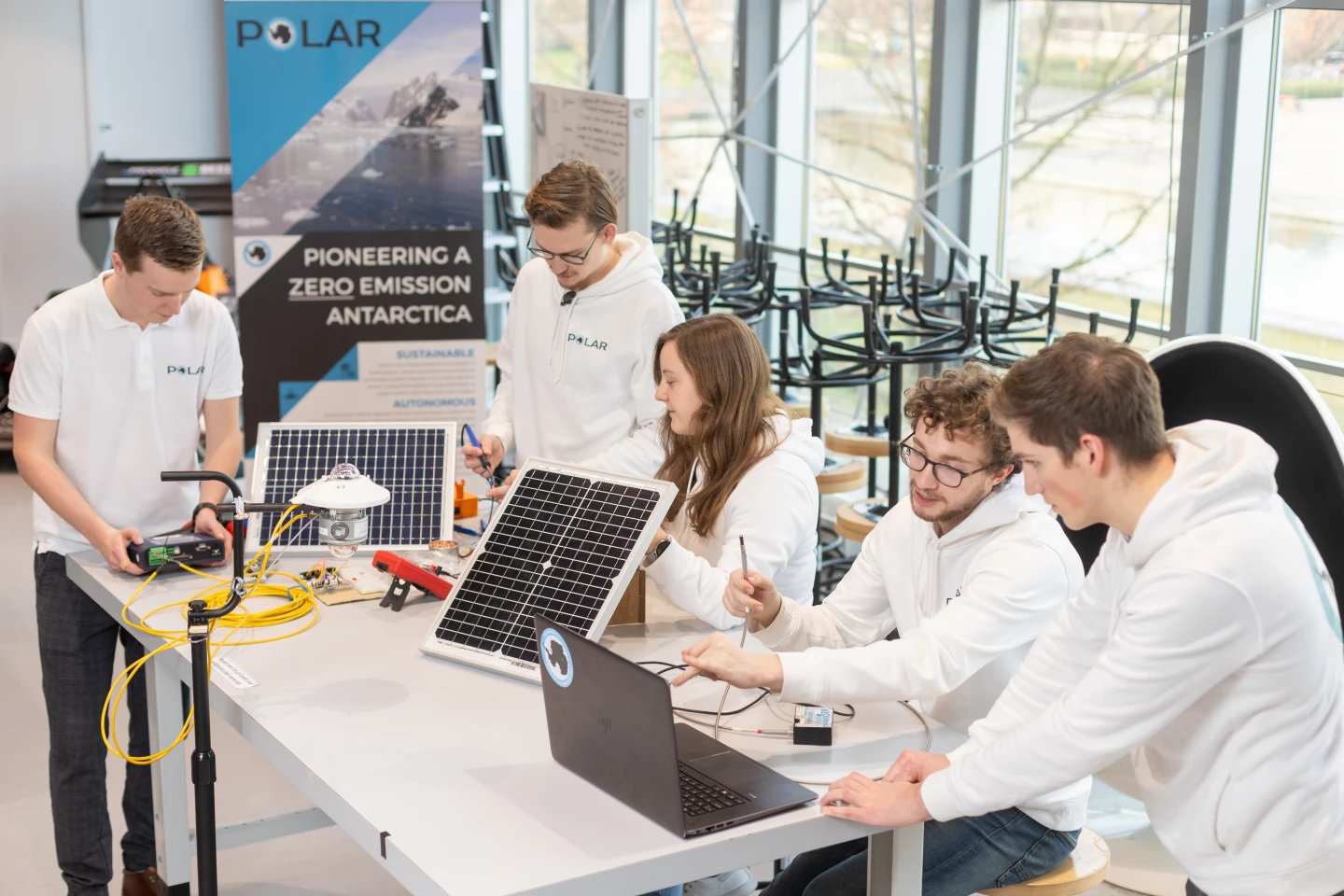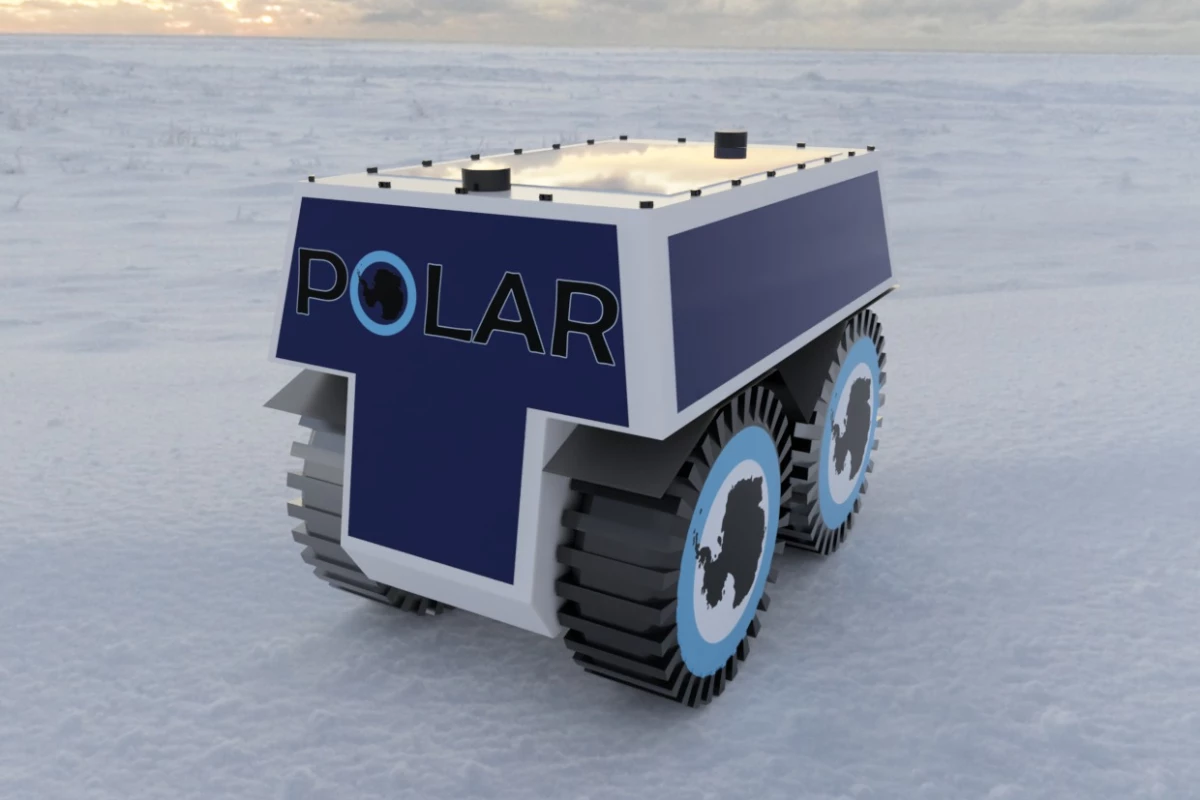Members of a student team from the Technology University of Eindhoven are about to embark on a fact-finding mission to the South Pole that will inform the creation of an autonomous solar-powered Antarctica research rover.
Comprising 17 students from eight different faculties at the Technical University of Eindhoven (TU/e), Team Polar says that conducting climate research at the South Pole is currently expensive and not very sustainable – requiring dedicated research stations and large vehicles, running on fuel that needs to be flown in.
In contrast, the Dutch government is looking to conduct climate research in the region with, according to director of the Netherlands Polar Programme, Dick van der Kroef, "no stations of our own and as little human presence as possible." The development of an autonomous Antarctica Rover could help with this effort.
To get a feel for the kind of technology needed to build a roving data-gathering platform, team members Ewout Hulscher and Florence Kuyper will shortly jump aboard hybrid gas-electric polar exploration vessel Commandant Charcot for a two-week expedition to the South Pole.

"The intensity of the Sun is extremely low, as is the temperature," said Hulscher. "Solar panels and batteries tend to perform poorly in these conditions, so we are looking for ways to make the system more weather-resistant. Also, the white landscape and lack of reference points creates a challenge for autonomous driving."
The students have divided the project into three development areas: a hardy battery-electric powertrain including solar panels; building the chassis and related mechanics to ensure that the rover is equipped to survive the harsh environment; and fitting out the vehicle with autonomous navigation tech while also working on enabling data transfer via satellite in areas with limited coverage.
At this stage, the designers pretty much have a blank page but the render shows the team opting for a chunky T-shaped vehicle with wheels rather than tracks, and navigation sensors keeping the solar panels company up top. Elsewhere, ground-penetrating radar has been mentioned (for detecting crevasses in the ice to aid navigation), along with a sensor payload aimed at gathering data that will help researchers "answer important questions" on the changing climate.
Team Polar is hoping to have its first prototype rolling in 2022.
Source: TU/e





